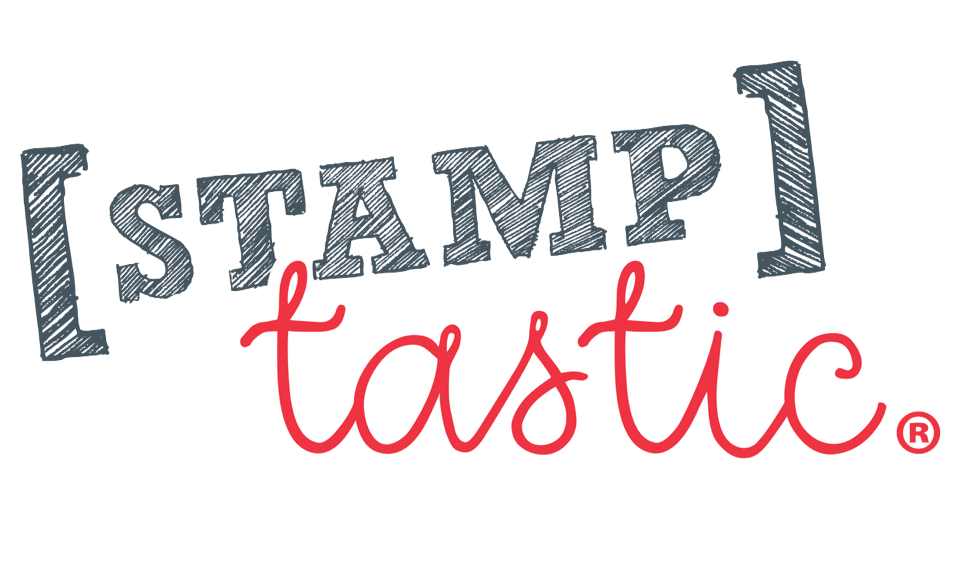Have you got a child starting Primary School in September?
Independent skills are key to a smooth transition into school. Mastering these skills can give children a sense of achievement, boost their self-esteem and ensure a flying start to their formal education.
This week’s top 4 tasks to strive for independence are:
- Nose hygiene
- Hand washing
- Using the toilet
- Using a knife and fork
Teaching little ones simple hygiene routines needs to be part of everyday life particularly in the present climate. Habits established at a young age are more likely to continue into adulthood. Discussions about germs and illness should be simple and basic. Children simply need to know that good hygiene habits are a way of getting rid of germs that can make them sick. These routines are particularly important once children start school and are mixing with many other children.
Nose Hygiene
Introduce your child to the routine of covering their mouth and nose with an elbow or tissue when coughing or sneezing. Encourage them to put the used tissue into a bin and follow with hand washing. Most classrooms keep a box of tissues on display but it is well worth sending in a little tissue packet to be kept in a PE bag or coat pocket.
Hand Washing
Wash, wash, wash your hands. Yes, we’re hearing it constantly because it’s the best line of defence. Teaching children to do it – and do it effectively – can present a challenge. Some children don’t like using warm water but cold water is equally effective at killing germs and viruses – providing the routine is effective. Brightly coloured, smelly little character soaps or pumps for making lots of bubbles can make it a fun experience. A simple trick to time this 20-30 second task is by singing. Our family favourite is a song sung twice to the tune of “Row Your Boat” …“Wash wash wash your hands, wash them nice and clean. Scrub the fronts and scrub the backs and scrub the in-betweens”. Kids love ticking off boxes or rewarding themselves with stickers so try setting up a handwashing chart.
Learning To Use The Toilet
Mastering the use of the toilet independently involves a specific set of skills and is a big accomplishment for all children. Aiming for your child to have mastered this before starting school means you can be confident that they have the necessary skills when the need arises. Teaching children self-wiping means as parents we can pass on the job! Children need to know the ‘why’ before they make it a habit so begin by explaining that bottom wiping to get rid of germs is just as important as hand washing.
Schools have bathroom facilities designed at age appropriate height but in the home children need to be able to access the facilities safely with kiddie seats and step adaptations. Encourage them to wipe properly using a sensible amount of loo roll rather than moist wipes which are unlikely to be available at school. Make it part of their play by practising on a doll or cuddly toy. Be prepared to do the ‘cheek check’ until they have really mastered the task. Remind them to use the flush! Schools keep a bank of spare undies to deal with accidents but it’s always worth popping a spare set of pants and socks from home in their PE bag.
Learning To Use a Knife and Fork
Staying for a school dinner is a great opportunity for socialising and sampling new tastes and textures of food. Some schools use the flight tray system, whilst others have reverted back to the more family approach of sitting in small groups and having the older pupils serve a course at a time.
Little ones will be expected to use a knife and fork so it pays off to master these skills in advance. Using cutlery relies on proficient hand-eye coordination, body stability and stamina and visual perception.
Once children can self-feed using a spoon introduce a fork for stabbing and spearing bite-sized food chunks. Knives are trickier to master so begin by practising on soft foods like banana and scrambled egg.
Encourage little ones to practise knife skills by helping you in the kitchen – buttering toast, chopping soft fruits to make fruit salads and kebabs, chopping soft vegetables to make soup. Play dough activities are a fun way to rehearse manual dexterity with tools by cutting, spearing and chopping. Host a tea party and cut up play dough food for dolls and teddies to eat.
Top Tips!
- Praise EVERY success along the way
- Lead by example
- Build skills into daily routines
- Repetition and reinforcement
- Make it FUN
- Positively embrace mess!
Check out last week’s blog that focussed on building other independent skills along with the accompanying activity card and sheets.
Stamptastic in partnership with Jo and Lisa, look forward to taking you on this journey to support your child develop the necessary skills to feel smart and confident from day one at BIG school.
Click here for FREE Starting School Downloadable Resources!
Get Your Personalised Name Stamp Here!
Other blog posts you may find useful:
Everything You Need To Know About School Uniform For Back To School
Starting School: The Top Ten School Uniform Tips
Starting School: The Back To School Uniform Checklist
Stamptastic: The Ultimate Parent Hack
Starting Primary School: Introduction
Stamptastic Starting School Series: Meet The Experts








